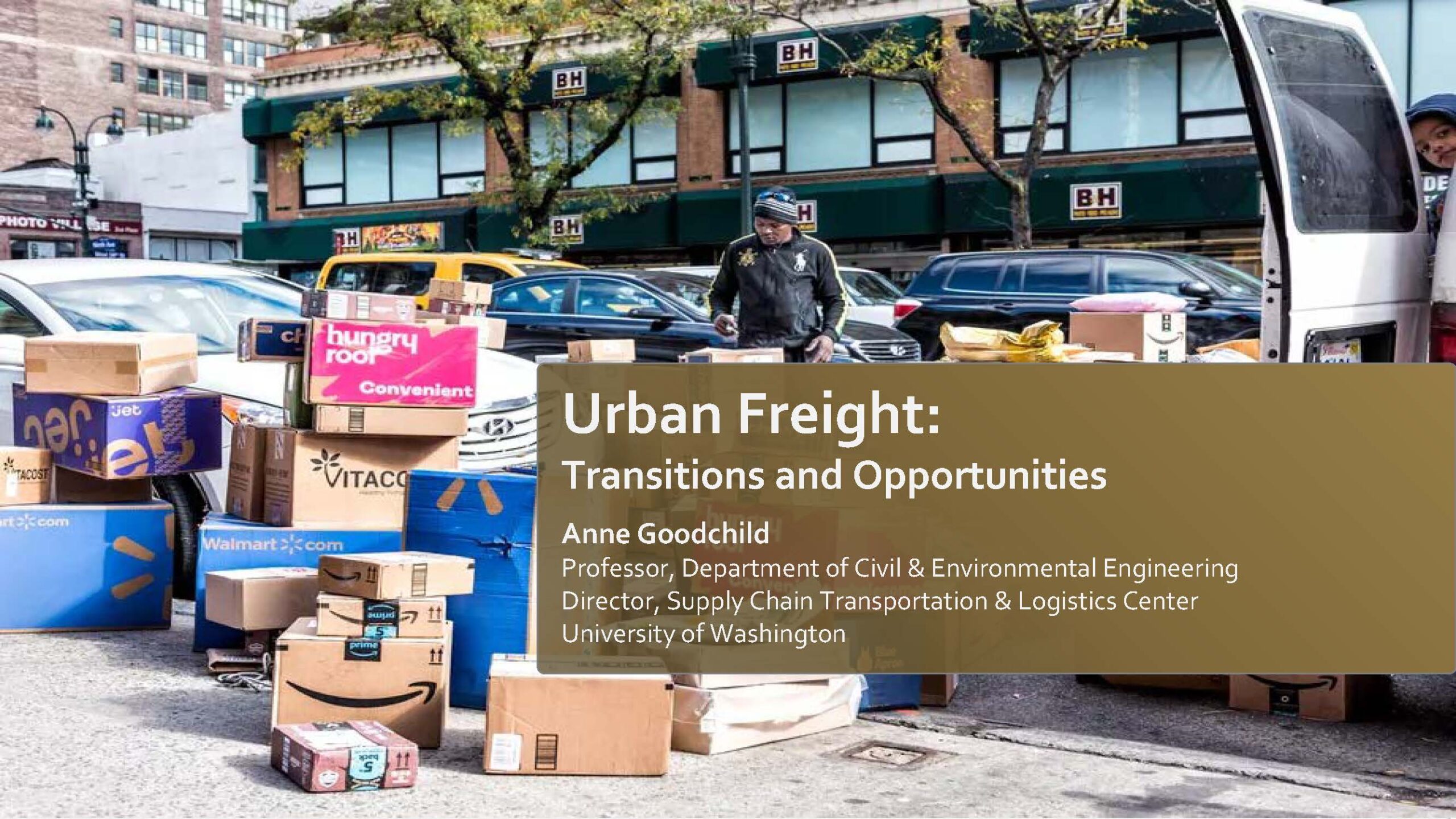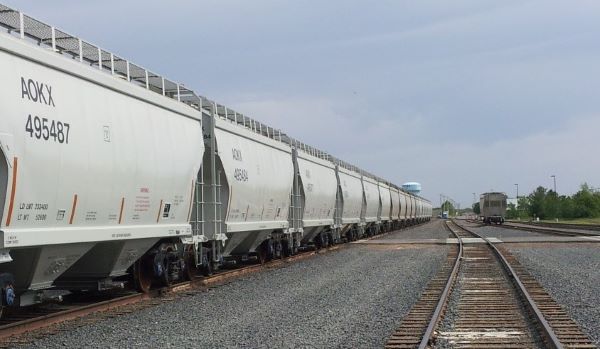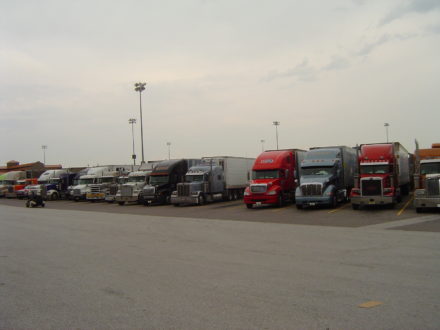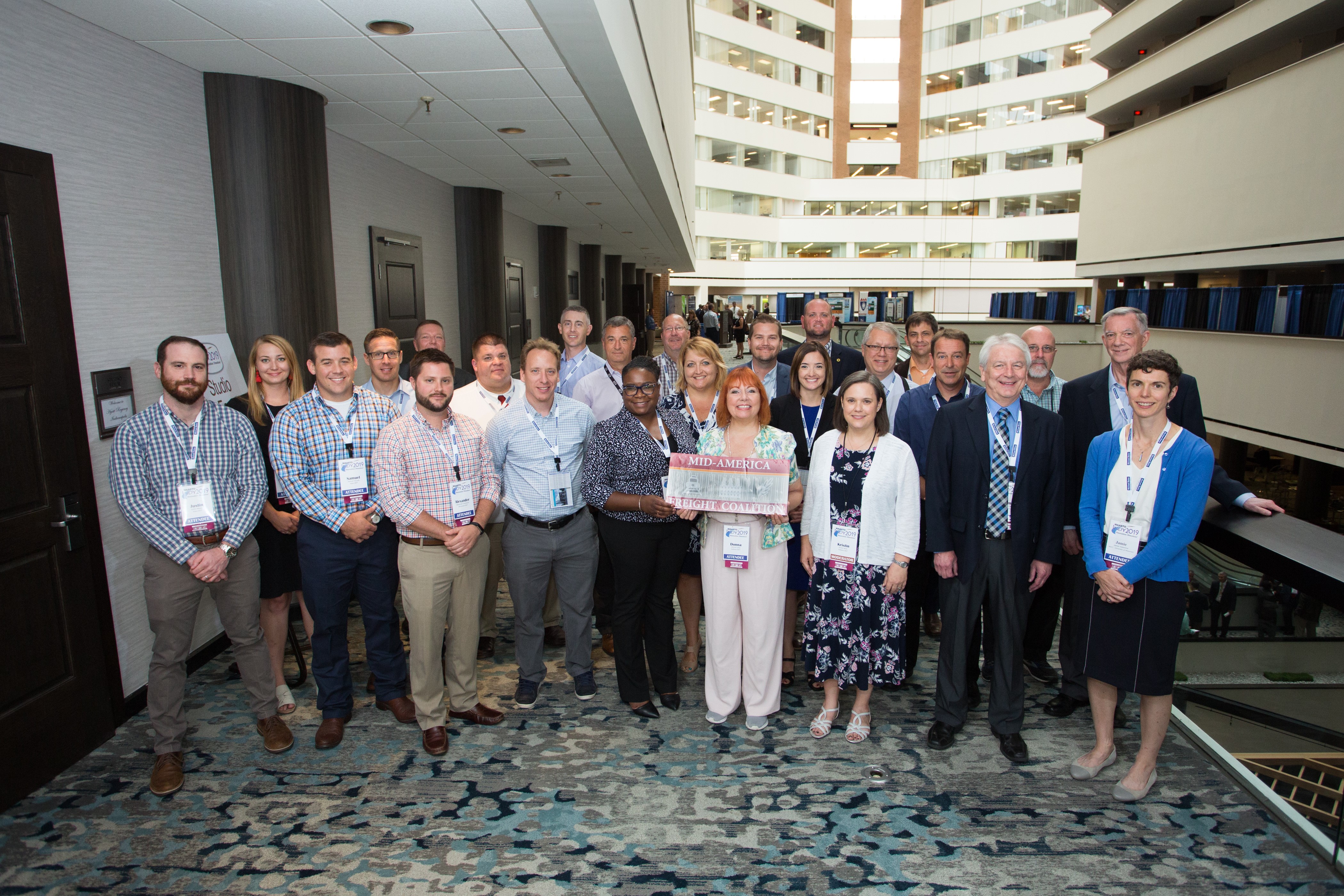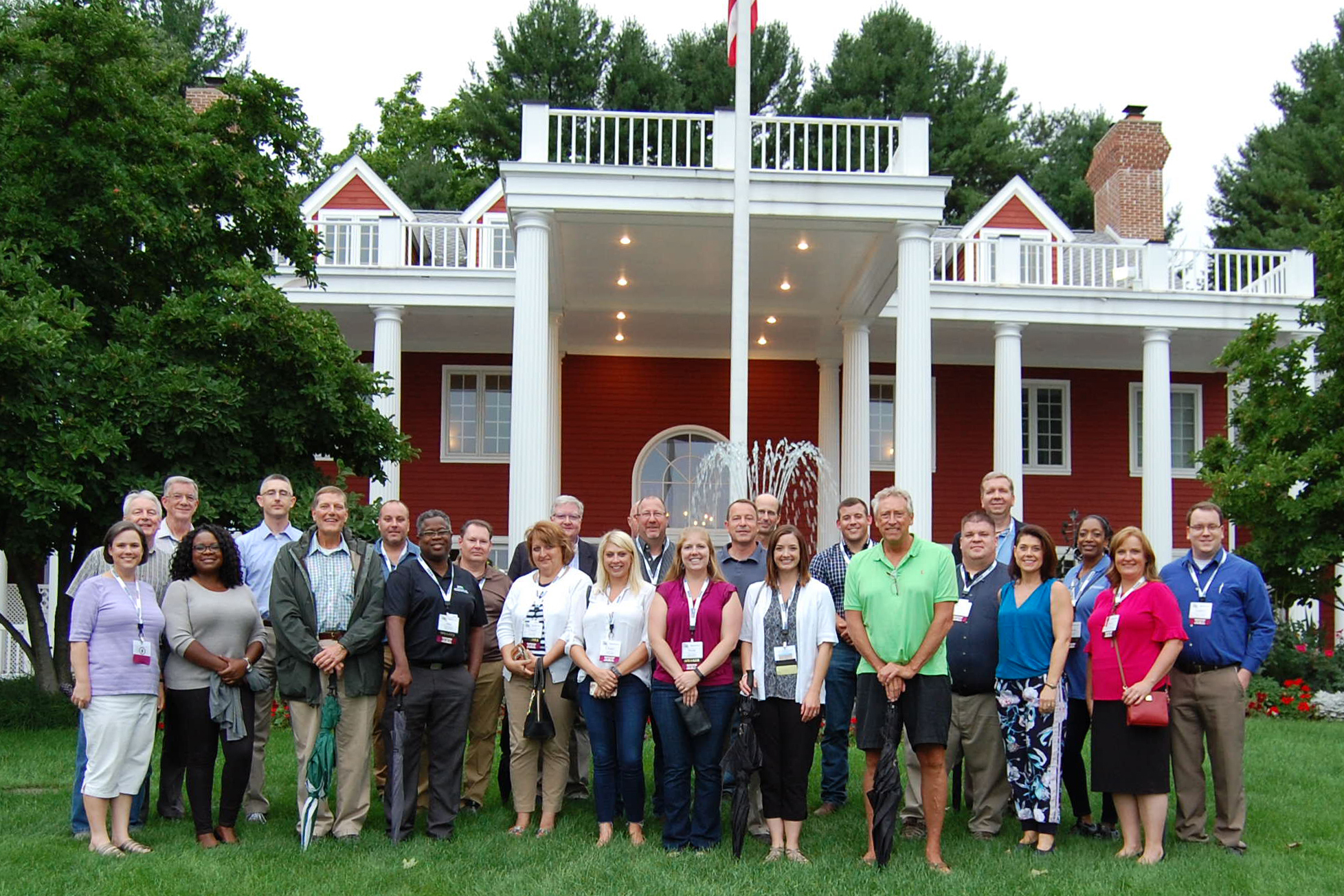All-hazards assessments of major freight corridors in the MAASTO region’ report available at link. A look at all-hazards assessments for nominated multi-state corridors, resources available, mapping of historic hazards, and a hazard ranking system.
Category: MAFC
Check out the MAFC “Resources” page for recent reports and TPIMS! See: New Reports: MAFC 30: Preparing for Future Truck Operations: Fleet Electrification and Alternative Fuels MAFC 29: Maximizing State Marine Freight Planning TPIMS: MAFC TPIMS Archival Trucks Park Here
Save the Date!! The MAFC 2023 Annual meeting will be held in conjunction with the OKI Conference on Freight! We hope to see you there! SAVE THE DATE! 2023 OKI Conference on Freight September 5-7, 2023 Hyatt Regency Cincinnati Sign up HERE to receive email updates on the 2023 OKI Conference on Freight.
A first in the nation, MAASTO states have collaborated to increase truck weights across the region for emergency divisible loads during declared disasters. See the AASHTO Journal article (at this link) for details on the regional agreement. The MAFC project report can be found under MAFC Research (here).
The 2021 MAFC annual virtual meeting examines transitions and opportunities in urban freight movement, freight resiliency, freight technologies, and automation. Session one with Dr. Anne Goodchild, Professor, Department of Civil & Environmental Engineering and Director, Supply Chain Transportation & Logistics Center at the University of Washington was held November 4th, and is available under the […]
The objective of this study is to review the STB rail waybill data, analyze it, and examine the adequacy of the data for state freight rail planning and operations decision-making. The study reviews waybill data, focusing on aspects including accessibility, composition, quality, and usability of the data. It compares the waybill data against alternate databases, […]
This article was originally posted on January 7, 2020. MAFC has completed a Mid America Association of State Transportation Officials (MAASTO) Regional Truck Parking Inventory project for the MAASTO Motor Carriers Committee and the Standing Committee on Highway Transport examining and mapping truck parking availability, parking amenities, and lot information. The report summarizes public parking […]
MAFC technical representatives from 10 member states met in Indianapolis, Indiana for the MAFC 2019 Annual Meeting. The meeting was held August 12-14 in conjunction with the MAASTO 2019 conference. Freight topics included vehicle platooning, truck parking and TPIMS, marine freight planning and impacts, blockchain and new technology for freight payments, and connected and automated vehicles. […]
MAFC annual meeting will be held in conjunction with the Mid America Association of State Transportation Officials (MAASTO) annual meeting in Indianapolis, Indiana, Aug. 12-14, 2019. View the agenda here: 2019 Annual Meeting MAFC Agenda
In August, the MAFC technical representatives from the 10 member states met in Traverse City, Michigan for the 2018 MAFC Annual Meeting. This meeting was held in conjunction with the MAASTO 2018 conference, which dedicated a track to freight topics throughout the two-day event. The content for the breakout sessions in this track was driven by MAFC […]


